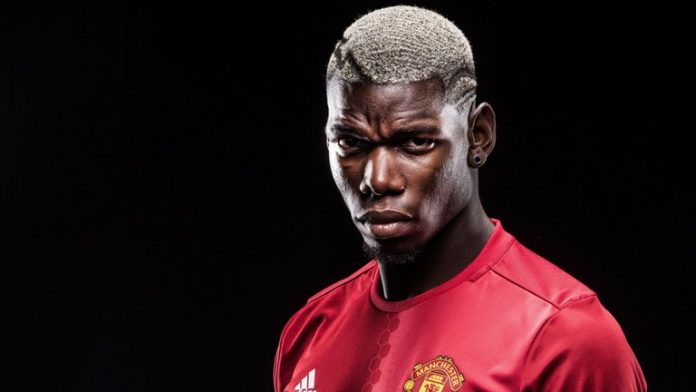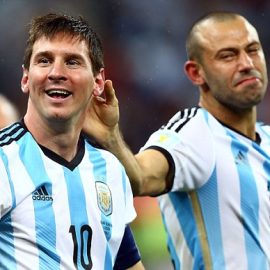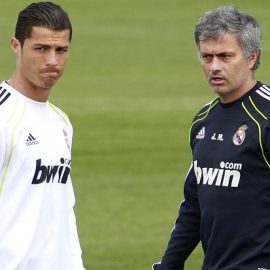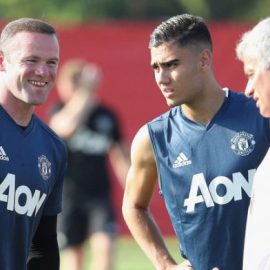Despite Germany’s clinical elimination of England, we had a controversy with regards to Frank Lampard‘s potential equalizer in the first half. Two years ago, I had the great pleasure to interview Ian Blanchard, Head of National Referee Development at the English FA. He had some interesting thoughts about goal line technology and the use of additional referees. Here are two excerpts from that interview:
Goal Line Technology
Since we are discussing innovations in the role of match officials, technology enters the equation. At the 2005 U-17 World Cup in Peru, goal line ball chip technology by adidas was used for the first time. In December 2007, it was used at the World Club Championships in Japan. What is your opinion on developments such as this, along with video replay monitors, similar to ones used in American gridiron football, during the game itself?
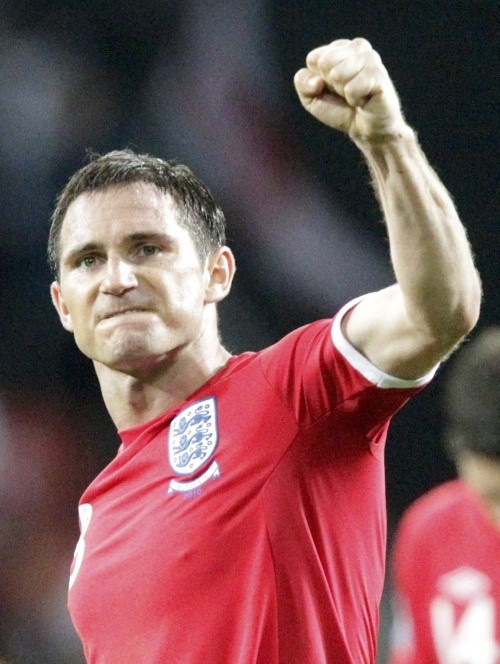
“One has to understand the cultural makeup and history of football. At its roots lies the passion of the game, the excitement, and free flow passage of the ball quickly making its way from one end of the field to the other. The commitment of players challenging for the ball, the battle to dominate and keep possession are all attributes of this fantastic game of ours.
Of course when it comes to high profile wrong decisions, when relegation or promotion is at stake, questions are asked whether technology could play a part. In my mind we need to be open to anything that assists the match officials in getting those big, crucial decisions right. Provided of course such technology does not interfere with the fundamentals of our game as described above.
The electronic chip has still to be developed effectively but I do think it has the potential, provided of course that it is of benefit to the referee and aids the referee’s decision making.”
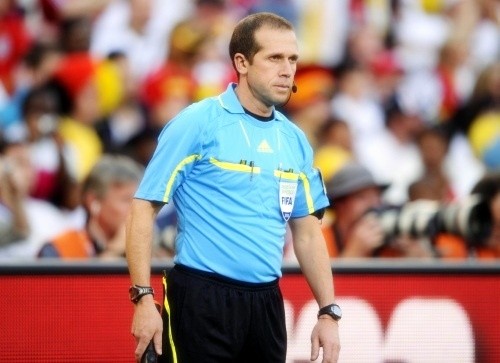
On Using Additional Assistants
How does a referee develop the type of consistency as expressed by Mr. Collina, and what are your impressions about the proposal to add additional assistants and/or another referee on the pitch?
“There is much speculation about referees being consistent; however, I believe this is almost impossible unless you want robots to control games of soccer. However, I do believe referees can be consistent in a game of 90 minutes of football. As an example, if a player commits a tripping offence early in the game and a similar foul is committed later on, players will expect you to deal with the situation in a similar manner. The laws of the game need to be applied in a fair and equitable manner, this is the only way that players will gain respect for the referee.
I am not supportive of additional referees or assistants in order to control a game. Can you imagine the uproar if one referee gives a foul and cautions as opposed to the other referee in the other half just giving a foul? In my opinion this would breed inconsistence and confusion. The same can be said for assistant referees. In one half you may have a very competent official whereas in the other half the assistant is not so good.”
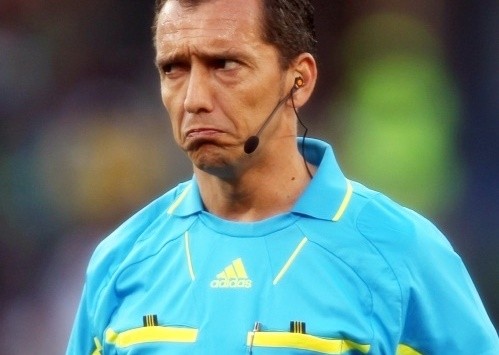
What do you think?
Do you agree or disagree with Mr. Blanchard on both of these opinions? Do you think that the final outcome would have been any different had Lampard’s goal counted? Should FIFA introduce additional technology (presently, match officials communicate with each other via wireless headsets)?
Please let us know.
Steve Amoia is a freelance writer, editor and translator from Washington, D.C. He writes the World Football Commentaries blog. He has written for AC Cugini Scuola Calcio (Italian soccer school), Football Media, Keeper Skool and Soccerlens.
Add Sportslens to your Google News Feed!
